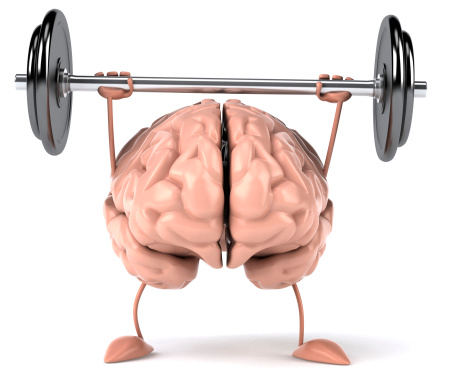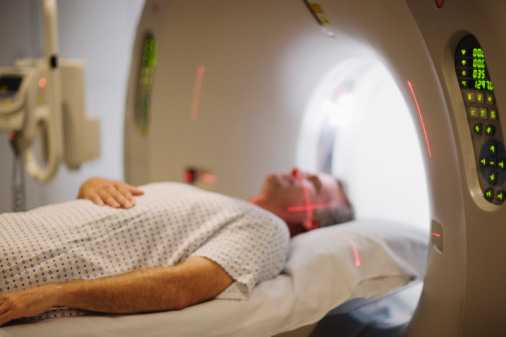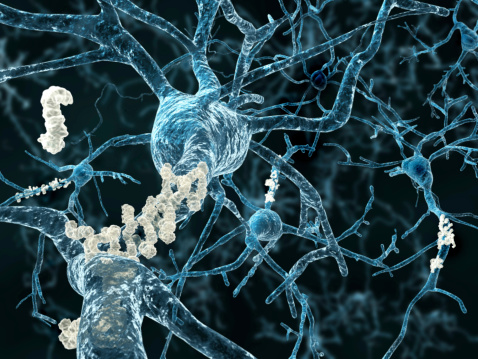Researchers develop new depression diagnosis and treatment
Researchers from the Hebrew University of Jerusalem have found that some forms of depression may be caused due to a malfunctioning of brain cells called microglia. The researchers suggest, “Progress in the understanding of the biology of depression has been slow,” so they also think it requires expansion beyond, “abnormalities in the functioning of neurons.” ...click here to read more













